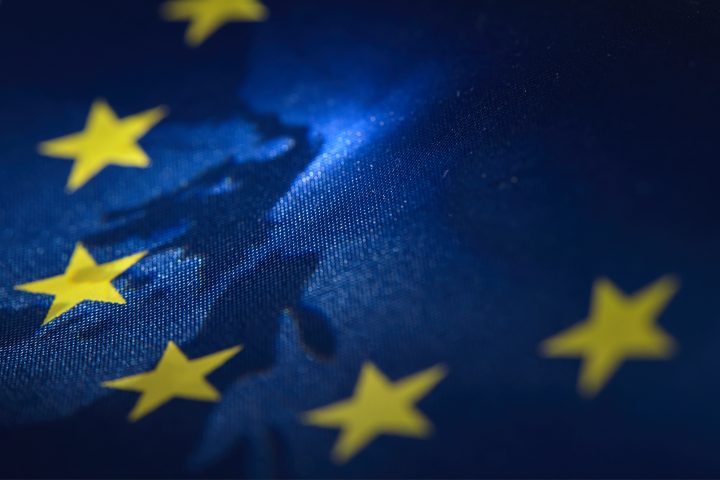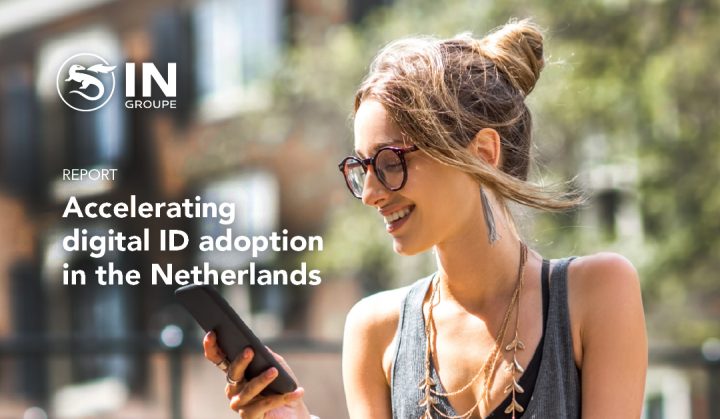The Tech.Gouv Programme: Vector for the Digital Transformation of Public Services
Although more than 70% of people in France are satisfied with their public services, one out of two feels that the procedures can be complicated. Offering public services online is one of the preferred solutions for administrative simplification. The Tech.Gouv programme is a tool set up by France to help negotiate this technological shift as effectively as possible.

Among Europeans, the French have the most confidence in their government to lead the digital transformation of public services. They tend to welcome this simplification of procedures, which they perceive as an effective tool to combat fraud (87%), make their daily lives easier (79%) and reduce environmental impacts (66%). With this in mind, the Tech.Gov programme, spearheaded by the DINUM (French interministerial directorate for digital services) and launched in 2019, is a three-year action plan (2019-2021). The government thus builds its strategy around 6 issues, 8 missions and 35 priority actions. The goal is to seize digital opportunities to bring public services closer to citizens, businesses and its own employees in order to offer the best possible quality of service.
Six issues of the digital age
Simplification
The French expect simplification of digital public services. The programme seeks to design new, more user-friendly interfaces that will allow for a smoother administrative process.
Inclusion
Digital technology must offer every citizen access to public services, regardless of their physical condition or location. In order to reduce the territorial divide, the programme aims to develop electronic services and improve their quality.
Cost-savings
The digital transition is an opportunity to rethink public spending and successfully optimise spending through innovation.
Appeal
Higher quality public services provide future staff with a better working environment. This makes positions more attractive to the right people, who will in turn contribute to improving services.
Mastery
To ensure the sovereignty of the State, mastery of the technologies involved in digitising public services is an absolute must.
Alliances
The program aims to foster public-private partnerships to encourage innovation and rapidly improve the quality of services.
The 8 missions of the Gov.Tech programme
- LABEL: Label the digital solutions used by public services to create a set of cohesive tools.
- DIGID: Create a simplified and unique identification service that offers the user a more convenient experience.
- DATA: Seize the wealth of data to maximise the potential of public policies.
- INFRA: Pool the digital infrastructures of public services in order to enable greater interoperability between them.
- PILOT: Set up management dedicated to the government's digital transformation, with precise and measurable objectives each year.
- TALENT: Successfully attract the best talent in the sector by strengthening the digital appeal of public services.
- CREATE: Foster innovation through the creation of State and Regional start-ups capable of designing new systems for tomorrow's public services.
- TRANSFO: Use digital intelligence to support transformation projects led by ministries and public services.
Implementation through multiple actions
These challenges and missions are broken down into actions. The programme is built around a clear and precise roadmap that enables it to be implemented effectively. Among the actions carried out in 2020: the deployment of AgentConnect and the associated ecosystem; the creation of a platform for interagency data exchange; the merger of the government's interministerial network with the Radio Network of the Future (RRF); the launch of an opportunity study to identify eco-friendly digital indicators.





